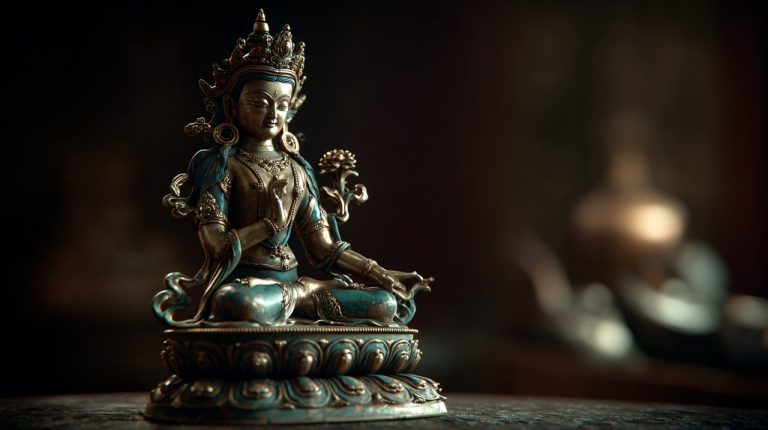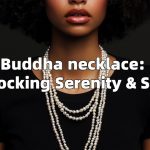Buddha Jewelry Wholesale: Bridging Spirituality and Sustainable Commerce
Navigating the world of spiritual accessories, especially Buddha jewelry, can feel like walking a tightrope. On one side, you have the profound spiritual essence and rich traditions. On the other, the very real demands of a bustling wholesale market. How do we, as retailers and enthusiasts, honor these sacred meanings while also building a sustainable, profitable business? That’s the intricate balance we’re here to explore.
The Dual Nature of Buddha Jewelry: Bridging Spirit and Market
Understanding the Symbols and Their Soul
At its core, Buddha jewelry is far more than just adornment. Each piece carries a deep, resonant meaning, a story etched in its very form. Think of it like a beautiful book: it might look lovely on a shelf, but its true power lies in the words within.
Take, for example, mala beads. Traditionally, these 108 beads are sacred tools for meditation and prayer, guiding practitioners through mantras. Yet, in today’s market, they often appear as stylish accessories, admired more for their look than their profound spiritual purpose.
Then there are Dzi beads, with their ancient origins and intricate patterns. These are revered as powerful talismans, believed to offer protection and good fortune. Their roots are deeply embedded in ancient spiritual practices. While still valued for their protective qualities, they’ve also become collector’s items, cherished by fashion enthusiasts for their unique visual history and rarity.
This dual identity — sacred tool and stylish accessory — is precisely what makes this market so fascinating, and so challenging, to navigate.
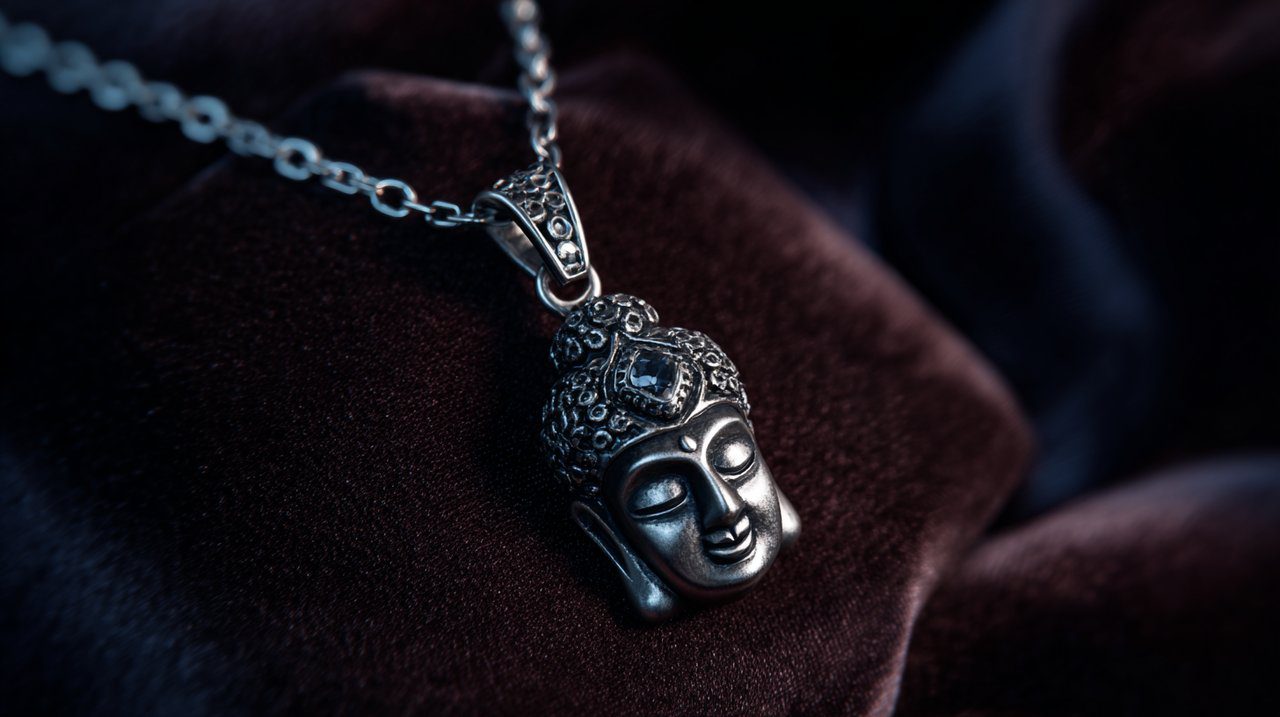
Understanding Today’s Conscious Consumer
We’re seeing a significant shift in consumer behavior. The demand for symbolic jewelry and meaningful jewelry isn’t just a trend; it’s a reflection of people seeking more from their purchases. They want items that resonate with their personal values, offer a sense of connection, or serve as a tangible reminder of their intentions.
This goes far beyond just aesthetics. Consumers are hungry for the story, the authenticity, and the purpose behind each piece. As retailers, your task is to understand this nuance: is your customer looking for a beautiful decoration, or are they seeking a powerful spiritual tool or a personal talisman?
Recognizing these distinct motivations is absolutely critical for smart product selection and impactful marketing. Ultimately, the true value of any Buddha jewelry piece is defined by how authentically its inherent meaning is conveyed to the buyer.
Mastering the Source: Ethics, Authenticity, and Supply Chains
Ethical Sourcing: The Foundation of Trust
For Buddha jewelry wholesale, ethical sourcing isn’t just a buzzword; it’s the very bedrock of your business. It’s about honoring the journey of each piece, from its origin to your customer’s hands. When we talk about spiritual items, this commitment becomes even more profound.
You essentially have two paths: working directly with artisans or through larger distributors. Direct sourcing, though it might involve more logistical twists and turns, guarantees fair compensation and directly supports the communities where components like Tibetan beads originate. This approach actively helps preserve the precious ancient spiritual practices that give these items their soul.
This stands in stark contrast to opaque mass production. By prioritizing fair trade and community support, you’re not just making a business decision; you’re aligning your practices perfectly with the spiritual values these items embody. It’s a principle that resonates across the board, much like the careful sourcing of healing crystals.
Quality and Authenticity: Spotting the Real Deal
Maintaining the integrity of your brand hinges entirely on the quality and authenticity of your Buddha jewelry. Your customers trust you to provide items that are not only beautiful but also genuine. This means looking beyond the surface.
Consider materials like authentic red agate; it boasts a depth of color and a natural luster that imitations simply can’t replicate. When assessing quality, you need to scrutinize the craftsmanship, the integrity of the materials themselves, and the traditional methods used in their creation.
For any gemstone components, processes like obsidian appraisal are crucial for verifying both the material’s authenticity and its true market value. Developing a keen eye for detail, understanding traditional production techniques, and fostering clear, open communication with your suppliers are your best tools for distinguishing genuine treasures from lower-quality or synthetic alternatives.
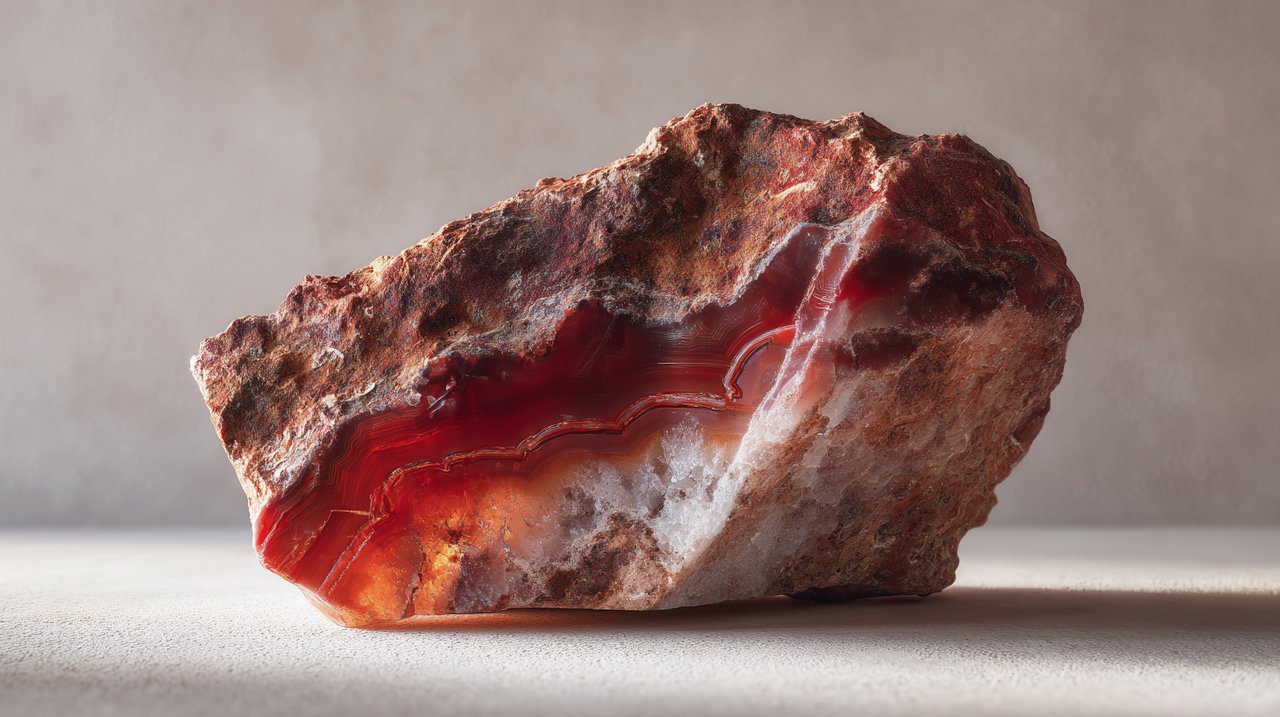
Building Strong Supplier Relationships: Your Strategic Advantage
Robust supplier relationships are truly the cornerstone of a thriving Buddha jewelry wholesale business. These partnerships are not just transactional; they are strategic alliances that define your brand’s character and offerings.
Working directly with artisans, perhaps on a unique Tibetan bracelet collection, offers incredible benefits. It fosters transparency, directly supports traditional craftsmanship, and often results in unique, high-quality pieces with compelling stories that resonate deeply with customers.
On the other hand, engaging with larger global networks can provide scale and diverse inventory. However, this path demands rigorous due diligence to ensure consistent ethical practices and quality control. For complex items, like an amulet bracelet with multiple components, clear contracts and continuous communication are vital to mitigate risks and guarantee reliability.
Smart Strategies for Retail Profitability
Pricing with Purpose: Value and Market Harmony
Pricing Buddha jewelry is an art that requires a truly nuanced approach. You’re not just putting a tag on a product; you’re balancing its inherent spiritual value with the very real dynamics of the market.
Consider the obsidian market value: it’s influenced by quality, size, and origin, yes, but also by its perceived protective properties. Your pricing needs to reflect not only the material cost but also the meticulous craftsmanship, the ethical journey of its sourcing, and the profound gemstone spiritual meaning it carries.
A smart strategy is to use tiered pricing. Offer accessible, entry-level pieces alongside premium, handcrafted items. This approach allows you to reach a wider audience while still serving discerning customers who are willing to invest in authenticity and spiritual significance. Remember, transparent pricing — clearly justifying the cost through material quality and ethical practices — is a powerful trust-builder.
Marketing with Heart: Engaging the Conscious Buyer
Marketing spiritual jewelry requires a different playbook. It’s less about conventional advertising and far more about narrative and genuine connection. You’re not just selling an item; you’re sharing a story, an intention, and a piece of ancient wisdom.
When you position a spiritual protection bracelet or lucky charm bracelets, emphasize their symbolic power and the intention woven into their creation. Go beyond their aesthetic appeal. Authentic storytelling about their origin, the materials used, and their cultural significance will resonate deeply with today’s conscious consumers.
Educational content is incredibly powerful here. Explaining the gemstone spiritual meaning or the rich history behind specific designs can transform a simple purchase into a profound, meaningful investment. This approach doesn’t just make a sale; it builds a loyal community around your brand, fostering long-term relationships and repeat business.
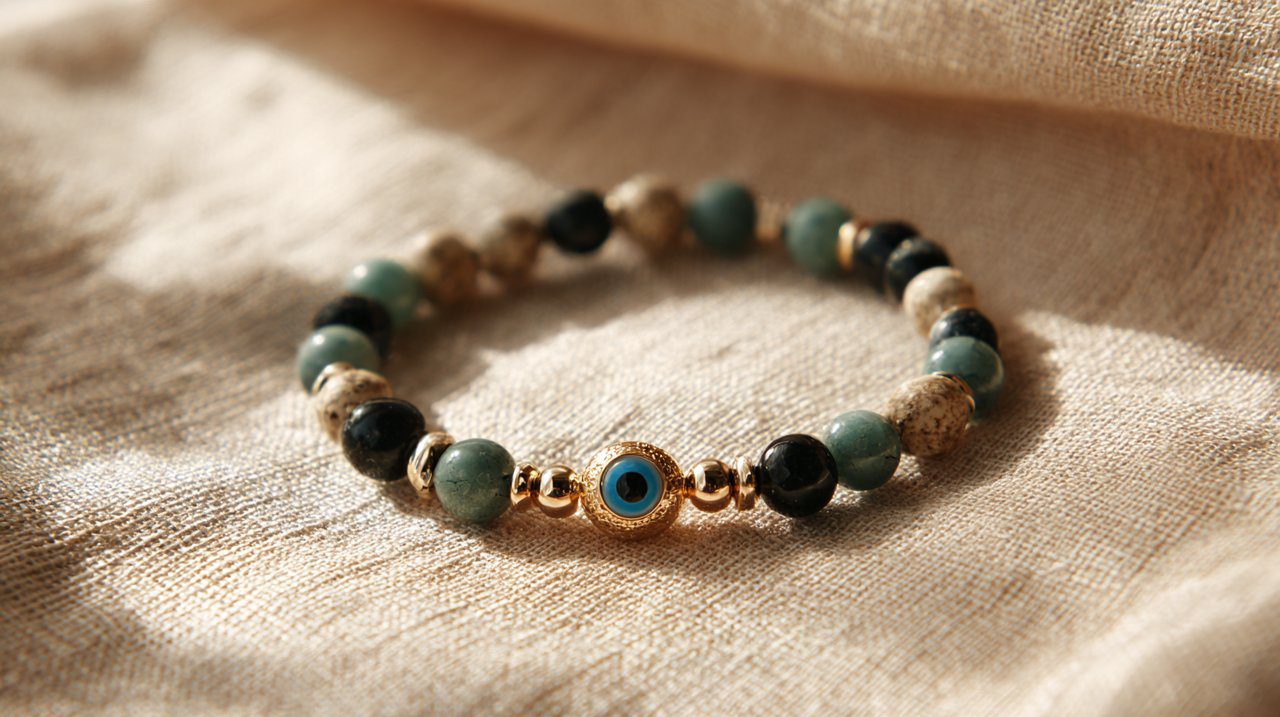
Smart Inventory: Fueling Your Growth
Efficient inventory management is absolutely crucial for scaling any Buddha jewelry wholesale business. It’s about more than just counting stock; it’s about smart forecasting and strategic planning.
You need to anticipate demand based on market trends and a keen understanding of the popularity of different spiritual stone properties. Remember that seasonal variations and cultural events can dramatically shift sales, so agile stock adjustments are key to staying ahead.
Strategic product selection, informed by a deep dive into spiritual stone properties and their associated meanings, allows you to curate a diverse yet cohesive offering. This empowers you to cater to a wide range of customer needs—from those seeking specific healing energies to others desiring general protective talismans—ultimately optimizing your stock turnover and minimizing carrying costs.
Building a Legacy: Beyond the Transaction
Building Trust: The Unshakeable Power of Transparency
In the spiritual jewelry market, transparency is the bedrock of customer trust. It’s not just a good practice; it’s essential for authentic connection. Providing detailed information about the origin of materials, the artisans involved, and the cultural significance of each piece builds undeniable credibility.
Imagine sharing the fascinating red string bracelet history and symbolism with your customers. This kind of education connects them directly to the item’s authentic lineage, reinforcing its value far beyond its material cost. This commitment to openness fosters a profound sense of authenticity and respect.
Ultimately, this approach transforms one-time buyers into passionate, loyal advocates. When customers truly understand the journey and purpose behind their purchase, they develop a far deeper, more meaningful connection to your brand.
Adapting to Change: Honoring Tradition, Embracing the Future
The spiritual accessories market is anything but static. It’s a dynamic landscape that demands retailers adapt and evolve, all while deeply honoring the traditions that give these items their power.
Consider the evolution of a talisman bracelet or an evil eye protection bracelet. These are perfect examples of how ancient symbols can be beautifully reinterpreted into contemporary designs, without ever losing their core, profound meanings. Staying informed about emerging trends in spirituality, wellness, and ethical consumption is absolutely vital.
The key lies in finding that delicate balance: innovating to stay relevant, but never compromising your brand’s core values. This agility ensures continued growth and resonance with a new generation of conscious consumers who seek both profound meaning and impeccable style.
The Path Forward: Purpose-Driven Prosperity
Ultimately, success in the Buddha jewelry wholesale world isn’t just about making sales; it’s about fostering a profound, authentic connection between spiritual meaning and ethical commerce.
Remember that initial paradox we discussed? Commercializing spiritual items? It’s not a contradiction when approached with a steadfast commitment to authenticity, transparency, and deep understanding. By prioritizing ethical sourcing, truly comprehending market nuances, and strategically valuing your unique offerings, you’re not just growing a business—you’re achieving harmonious growth.
To truly enrich your brand and the experience for your customers, we encourage you to delve even deeper into the provenance and gemstone meanings of your offerings. Transform every sale into a meaningful story of purpose and connection. That’s the real secret to lasting impact.
💡 Frequently Asked Questions
The unique challenge lies in bridging the profound spiritual essence and rich traditions of Buddha jewelry with the very real demands of a bustling wholesale market, balancing its role as both a sacred tool and a stylish accessory.
Conscious consumers seek items that resonate with their personal values, offer a sense of connection, or serve as a tangible reminder of their intentions. They value the story, authenticity, and purpose behind each piece, beyond just aesthetics.
Ethical sourcing is crucial because it honors the journey of each piece, ensures fair compensation for artisans, directly supports the communities where components originate, and helps preserve ancient spiritual practices, aligning business with spiritual values.
Retailers must scrutinize craftsmanship, the integrity of materials like authentic red agate, and traditional production methods. Processes like obsidian appraisal are crucial for verifying authenticity and value, requiring a keen eye and clear communication with suppliers.
Effective marketing for spiritual jewelry focuses on narrative and genuine connection, sharing the story, intention, and ancient wisdom behind each piece. Emphasizing symbolic power, origin, materials, and cultural significance through educational content builds a loyal community.

